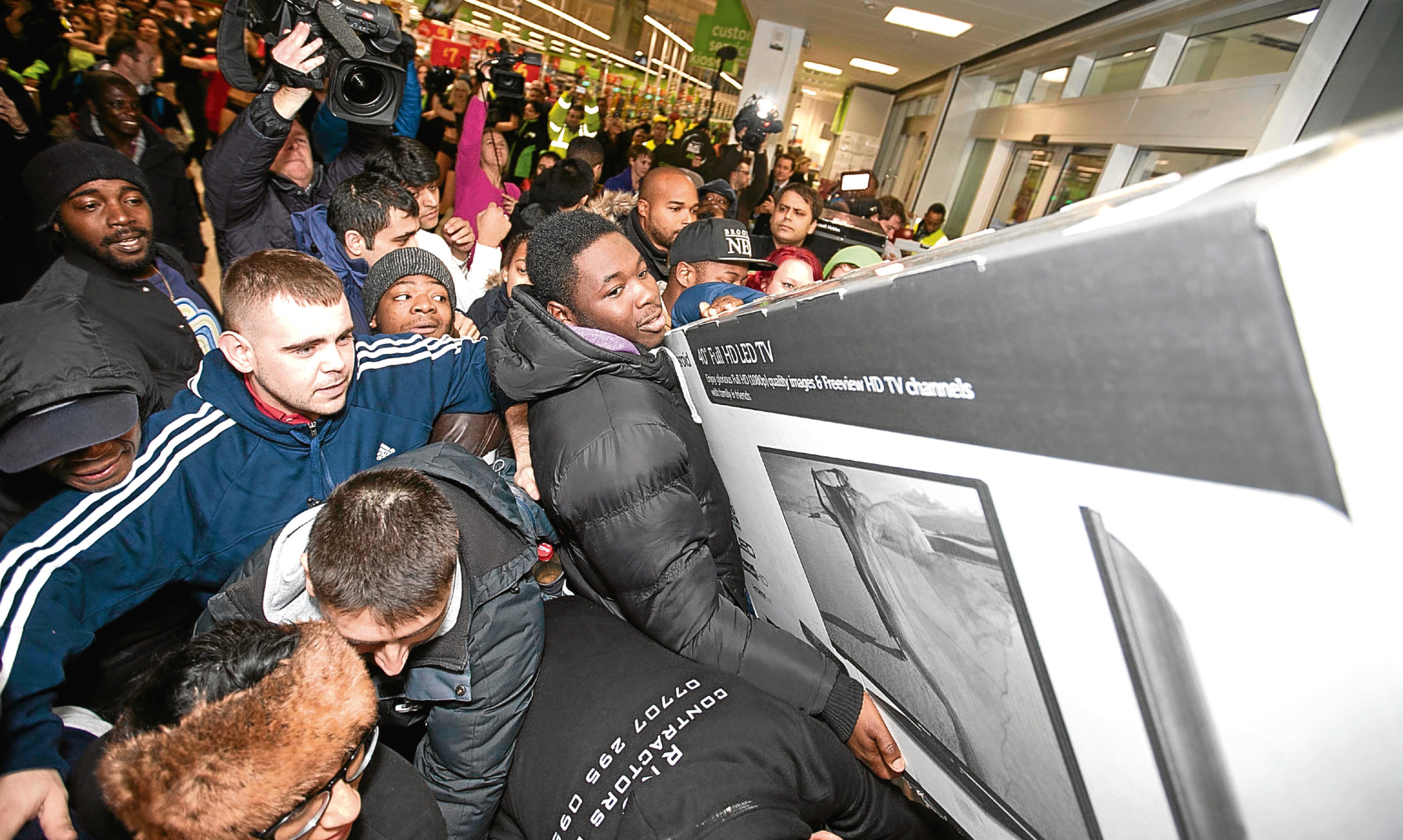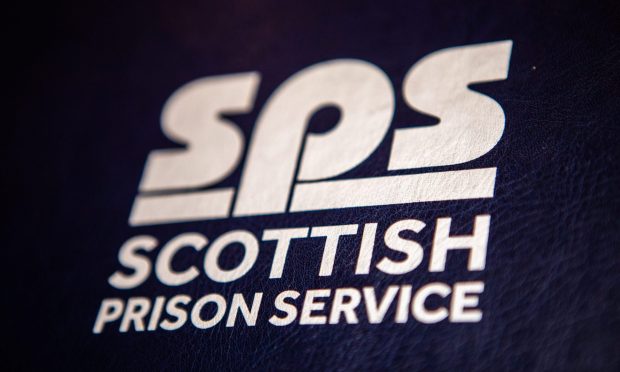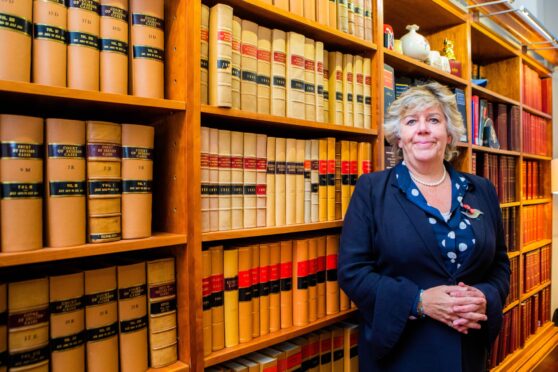Black Friday may be losing its urgent appeal, evolving instead into a more strung-out buying process in the run-up to Christmas, analysts have warned.
Shoppers pursuing the best deals are realising the best way to do this is online and over a longer period to track frequently changing prices, Consumer group Which? said.
It has already warned shoppers to “do your research” to avoid falling foul to bogus promotions after a study revealed half of last year’s deals were cheaper in the months before and after Black Friday.
Retailers have been reporting better-than-expected traffic and sales figures, amid reports that the websites of some leading high street retailers including New Look and River Island had been crashing.
Explaining the online move, Pete Moorey, head of campaigns at Which? said: “More and more people are now doing research online before they buy.
“Actually, a lot of people hate the busy crowds and stress, some don’t like the constant Christmas music and others believe they will get better deals online.”
Some 14 million British shoppers were predicted to go on a £1.97 billion spending spree on Friday – setting a new record – with more than half spent on the internet.
Online spending on Black Friday was expected to reach £1 billion, up 16% on last year, while it was anticipated that the majority who opt for the high street will spend a lower total of around £961 million.
But the chaotic scenes witnessed two years ago where brawls broke out over cut-price televisions were not matched at the shops this year. Instead, just a handful of customers waited in line outside many superstores before calmly purchasing cut-price electrical goods.
At the Tesco Extra store in Dundee, a smattering of bargain- hunters formed a line outside in freezing conditions at 5am and appeared in relaxed spirits as they bought televisions, consoles and video games, while in Dunfermline, the Kingsgate shopping centre was quiet upon opening despite various retailers boasting huge sales in their window displays.







